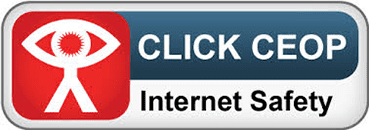In this section of the website, you will find information about our approach to teaching Religious Education at Wolsingham Primary School.
- The Intent provides information on the relevance of Religious Education at Wolsingham Primary School.
- The Implementation outlines how teachers at Wolsingham Primary School teach Religious Education across the school across all stages.
- The Impact outlines what outcomes are achieved for the children at Wolsingham Primary School.
- Subject Progression outlines the learning journey that our children take through Religious Education at Wolsingham Primary School.
- Useful Subject Information outlines any additional information about the teaching and learning of Religious Education at Wolsingham Primary School.
Intent of REImplementation of REImpact of RESubject ProgressionLong Term Plan
Intent of RE
Implementation of RE
Impact of RE
Subject Progression
Long Term Plan



